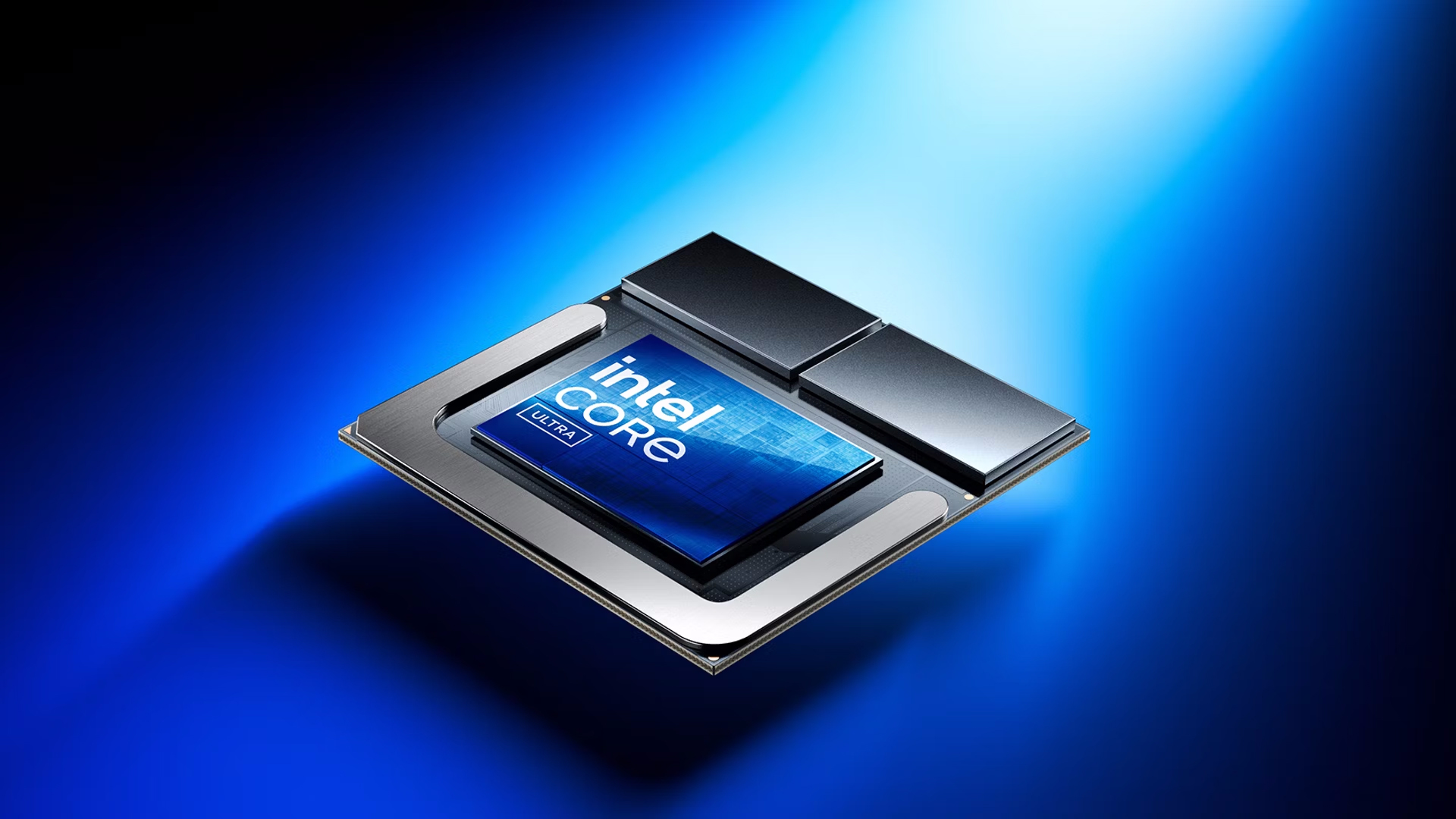
On-package memory is one of the factors that made Apple's M-series processors fast, efficient, and compact. With its Core Ultra 200V (Lunar Lake) processors, Intel adopted the same architecture, which enabled what Intel says is a great product but severely hurt Intel's profit margins. The chipmaker (via SeekingAlpha) says it will no longer feature on-package memory for next-gen CPUs.
"[On-package memory is] a one-off with Lunar Lake," said Pat Gelsinger, chief executive of Intel, at the earnings conference call with analysts and investors. That will not be the case with Panther Lake, Nova Lake, and its successors as well. We will build it in a more traditional way with memory off package in the CPU, GPU, NPU, and I/O capabilities in the package. But volume memory will be off-package in the roadmap going forward."
Intel's Core Ultra 200V processors come with 16GB or 32GB of on-package LPDDR5X-8533 memory connected using a 128-bit interface. This allows for the saving of plenty of space inside laptops, as memory modules (and soldered-down memory chips) occupy a lot of space. That area can be used to install bigger batteries, ensuring greater battery life or some additional logic to boost functionality. As a bonus, on-package memory can help to cut latencies and power consumption.
However, on-package memory means that Intel needed to procure these LPDDR5X devices at prices higher than those available to large OEMs. This, for obvious reasons, affects Intel's own profit margin. Handling that memory and installing it on the package also costs money, another factor that affects the profitability of the Lunar Lake product. Finally, selling CPUs with pre-installed memory reduces flexibility for PC makers, which is important for them.
Intel says it envisioned Lunar Lake as a niche product for compact laptops with long battery life. However, since end users demand advanced on-device AI capabilities and Lunar Lake can offer relatively high NPU performance, Intel had to increase output volume for these Core Ultra 2-series processors. Although Intel says that these CPUs are pretty successful, it does not want to deal with on-package DRAM going forward.
"Lunar Lake was initially designed to be a niche product that we wanted to achieve highest performance and great battery life capability, and then AI PC occurred," said Gelsinger. "And with AI PC, it went from being a niche product to a pretty high-volume product. Now relatively speaking, we are not talking about 50 million, 100 million units, but a meaningful portion of our total mix from a relatively small piece of it as well. So as that shift occurred, this became a bigger margin implication both for Lunar Lake and for the company overall."







